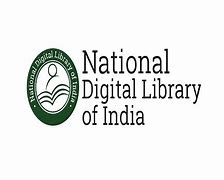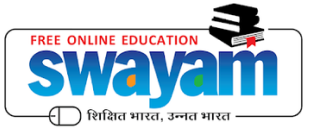| 3 |
The National Digital Library of India (NDLI)
NDLI is an online collection of educational materials that offers more than simply a search and browse feature. It also provides a range of services for the community of learners. The platform is designed to offer assistance to individuals at all educational levels, including researchers and those who are committed to continuous learning. It caters to all fields of study and is accessible through various devices. It also accommodates learners with disabilities. The purpose of this design is to allow individuals to acquire knowledge and make preparations based on the most effective methods used worldwide. Additionally, it aims to assist researchers in conducting interconnected investigations using various sources.
|

|
| 4 |
Swyam
SWAYAM is an initiative launched by the Government of India with the aim of attaining the three fundamental goals of Education Policy: accessibility, fairness, and excellence. The goal of this endeavour is to provide the highest quality educational resources to all individuals, including those who are most disadvantaged. SWAYAM aims to narrow the gap in access to digital resources for students who have previously not been able to benefit from the digital revolution and have been unable to participate in the knowledge economy.
|

|
| 5 |
The ShodhSindhu
The e-ShodhSindhu will maintain access to over 10,000 core and peer-reviewed journals, as well as various bibliographic, citation, and factual databases in multiple fields. These resources are provided by numerous publishers and aggregators to member institutions, including centrally-funded technical institutions, universities, and colleges that fall under the 12(B) and 2(f) Sections of the UGC Act.
|

|
| 6 |
e-PGPathshala
e-PG Pathshala is an undertaking of the Ministry of Human Resource Development (MHRD) as part of its National Mission on Education through Information and Communication Technology (NME-ICT), which is being carried out by the University Grants Commission (UGC). The education system places great importance on the content and its quality. To meet this requirement, subject experts from Indian universities and other research and development institutes have developed high-quality, curriculum-based, interactive e-content in 70 subjects. These subjects cover a wide range of disciplines including social sciences, arts, fine arts and humanities, natural and mathematical sciences, linguistics, and languages. Each subject was assigned a team consisting of a lead investigator, paper organisers, content writers, content reviewers, language editors, and a multimedia team.
|

|
![]()